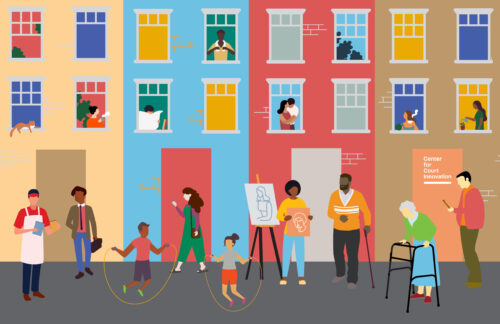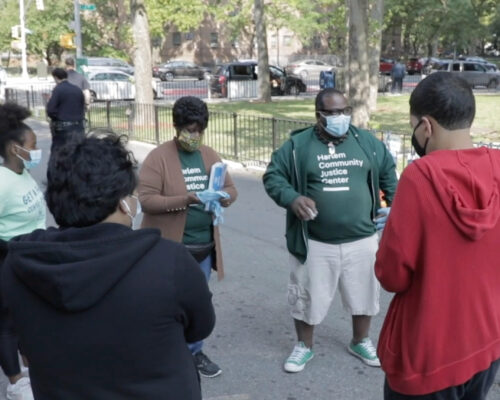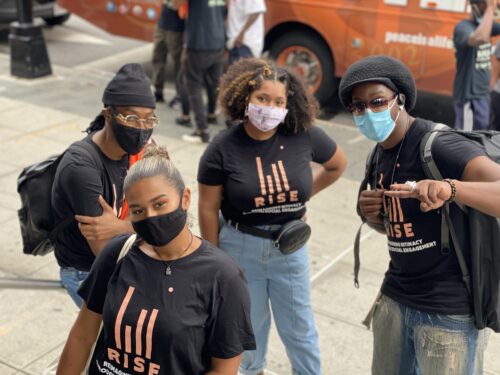Robert V. Wolf works with staff across the Center to create written materials to promote the organization’s work and advocate for justice reform. Rob’s writing has appeared in anthologies and numerous publications, including the New York Times, The Justice System Journal, National Black Law Journal, Crime & Justice International, Judicature, The Judges’ Journal, International Review of Law Computers & Technology, New York State Bar Association Journal, and Texas Journal of Corrections. Before joining the Center in 1999, Rob worked as a reporter, columnist, and editor for the Staten Island Advance and a reporter for the East Hampton Star. His book “The Jury System” was honored by the New York Public Library as one of its recommended “Books for the Teen Age,” and his work for the Center has received awards from the National Council on Crime and Delinquency and the Best Short Competition. He directed the video From Defendant to Survivor: How Courts are Responding to Human Trafficking, which was awarded Best Documentary in the Orlando Human Trafficking Awareness Film Festival. He also directed What Does Reintegration Mean to You? which was selected by American Indian Film Institute for inclusion in the 42nd annual American Indian Film Festival. He is the founding host of the Center’s New Thinking podcast.

Robert Wolf
Senior Advisor, Writing


